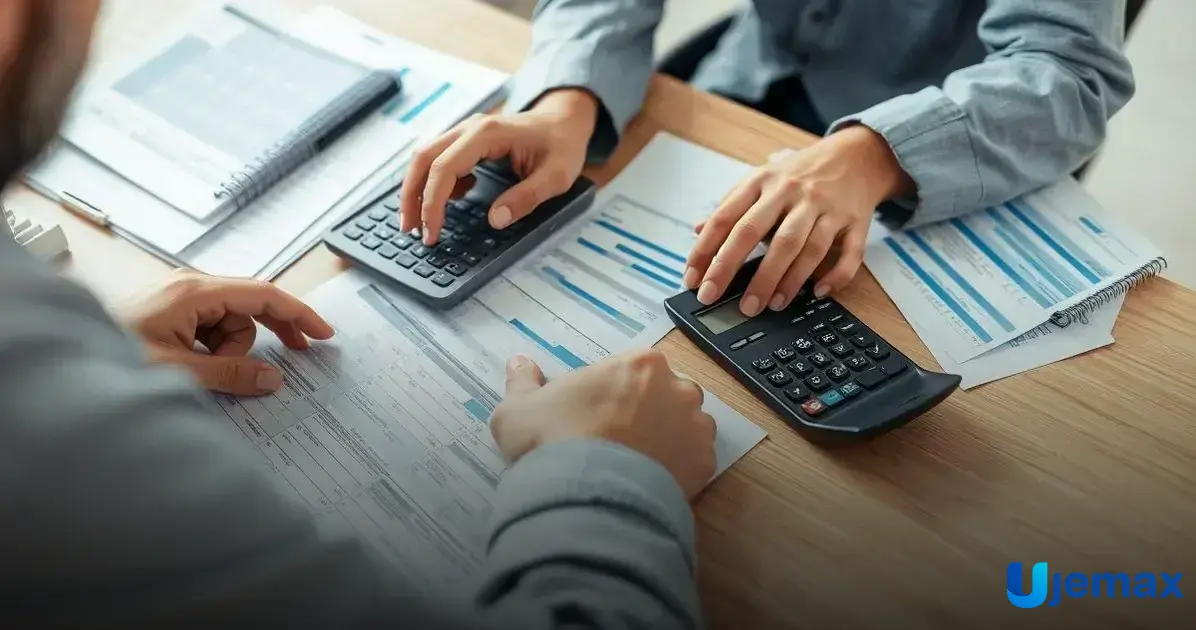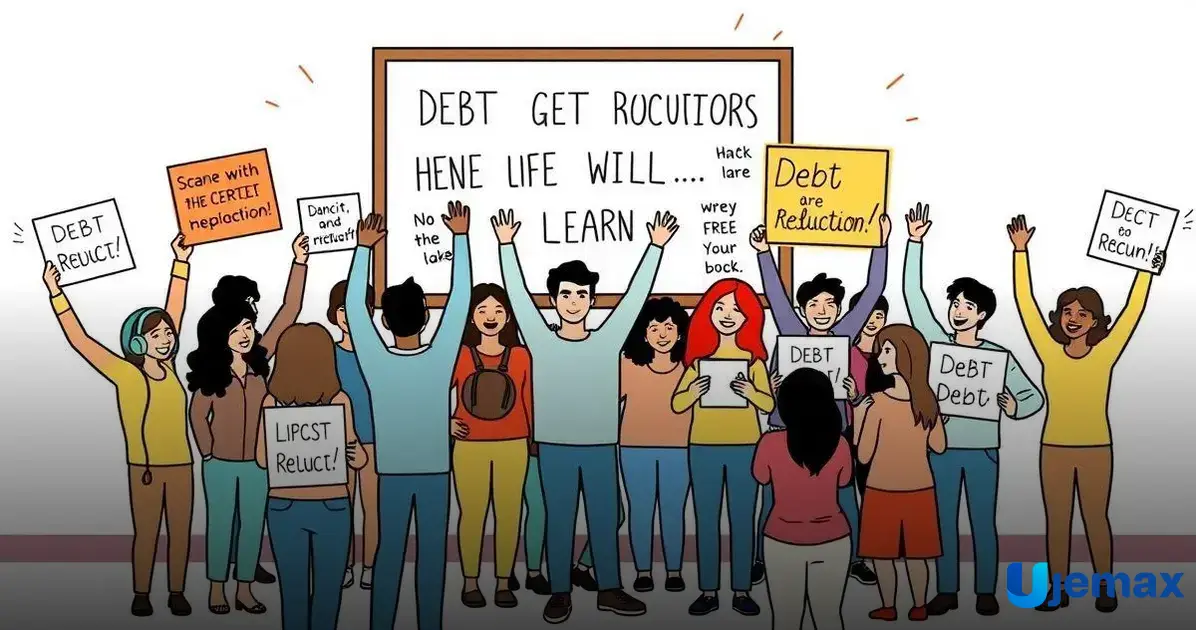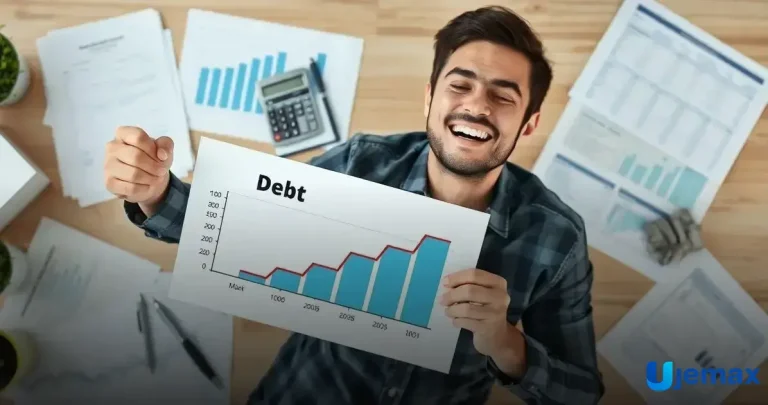ADVERTISEMENT
Are you searching for ways to reduce debt fast? You’re not alone! Many individuals and families find themselves overwhelmed by debt.
Taking control of your finances is vital, and with the right strategies, you can reduce your debt quickly.
This article explores practical steps to help you eliminate debt and regain financial freedom.
Understanding Your Debt
Understanding your debt is the first step to taking control of your finances. Debt can come from various sources, such as credit cards, loans, or even medical bills.
ADVERTISEMENT
Each type has different interest rates and payment terms. Knowing how much you owe and to whom helps you make informed decisions about how to reduce your debt fast.
Next, it’s essential to recognize how debt affects your overall financial health. High debt levels can lead to stress and limit your options for saving or investing.
By acknowledging the impact of debt, you can prioritize your payments and focus on strategies that will help you regain control of your finances.
Finally, understanding your debt means knowing not just the numbers, but also your spending habits. Regularly reviewing your budget lets you see where your money goes.
This awareness can help you make better choices and reduce unnecessary spending, paving the way for a faster path to being debt-free.
Steps to Reduce Debt Fast
To reduce debt fast, start by creating a clear budget. A budget helps you see how much money comes in and goes out each month. By tracking your spending, you can identify areas where you can cut back. This extra money can be used to pay off debt faster.
Next, consider paying more than the minimum on your bills. Focus on high-interest debts first. If you have extra cash, use it to reduce those amounts quickly. This strategy reduces the total interest paid over time, helping you get out of debt faster.
Lastly, look into debt consolidation options. This means taking out a new loan to pay off multiple smaller debts. It simplifies your payments and can lower your interest rate. Make sure to research different options to find the best fit for your financial situation.
Budgeting to Manage Debt

Budgeting is a crucial step in managing debt effectively. Begin by listing all your monthly income sources and expenses. This will help you see where your money is going each month. Knowing your spending habits allows you to make better choices that can free up funds for debt repayment.
Once you have a clear view of your finances, set specific limits on your spending. Try to cut down on non-essential items like dining out or entertainment. Redirecting that extra money into paying off debts can make a significant difference over time, helping you reduce debt fast.
Finally, adjust your budget regularly. It’s important to review your budget every month and make changes as needed. If you find you’re spending more in one area than planned, tweak it to keep your debt repayment on track. This ongoing attention to budgeting keeps your finances and debt manageable.
Debt Consolidation Explained
Debt consolidation means combining multiple debts into a single loan. This can make managing payments easier. Instead of paying several creditors each month, you make one payment to a consolidation lender.
Many people find this method helps them stay organized and reduces the stress of dealing with many bills.
One benefit of debt consolidation is the possibility of lower interest rates. If you have high-interest debts, such as credit cards, consolidating those debts into a single loan with a lower rate can save you money.
This means more of your payment goes towards reducing your debt instead of just paying interest.
However, it’s important to choose the right consolidation method. You can use a personal loan, a balance transfer credit card, or even a home equity loan.
Each option has pros and cons, so it’s wise to research what works best for your financial situation. Always read the terms and understand any fees involved.
Using Credit Wisely
Using credit wisely is key to maintaining a healthy financial life. Start by understanding your credit limit and only spend what you can afford to pay back. Avoid maxing out credit cards, as this can harm your credit score and lead to debt. Keeping your balance low shows lenders you are responsible.
Additionally, always make your payments on time. Late payments can lead to high fees and damage your credit score. Setting up reminders or automatic payments can help ensure that you never miss a due date. This habit is essential for staying on track with your debt reduction goals.
Finally, check your credit report regularly. This helps you spot any errors or potential fraud. Staying informed about your credit history allows you to make better choices about when to take on new credit and how much you can handle. Using credit wisely can help you navigate your finances and reduce debt fast.
Staying Motivated on Your Journey

Staying motivated on your journey to reduce debt fast is essential for success. One helpful way to keep your spirits high is to set clear, achievable goals.
Break your larger goal of becoming debt-free into smaller tasks. Celebrate each small victory, whether it’s paying off a credit card or sticking to your budget for a month.
Another effective strategy is to surround yourself with support. Share your goals with friends or family members who can encourage you along the way.
Joining a support group or online community focused on debt reduction can provide extra motivation and new ideas for managing your finances.
Lastly, remind yourself why you want to be debt-free. Think about the financial freedom and peace of mind it will bring. Keeping your goals in mind can serve as a strong motivator during challenging times.
Stay focused on your journey, and remember that you have the power to take control of your finances.
Understanding your finances is the first step to reducing debt quickly. To get started, take a good look at your income and expenses. Write down what you earn each month and how much you spend.
This will help you see where your money goes and identify areas where you can cut back.
After you understand your spending, create a budget that works for you. Make sure to include all your necessary expenses, like rent, groceries, and transportation. This budget will serve as your roadmap to manage your money better and find enough cash to pay down your debts faster.
Lastly, be mindful of your financial habits. Avoid unnecessary purchases and focus on saving. Consider finding ways to earn extra money, like taking on a part-time job or selling unused items. Every little bit will help you pay off your debts sooner and regain control over your finances.







